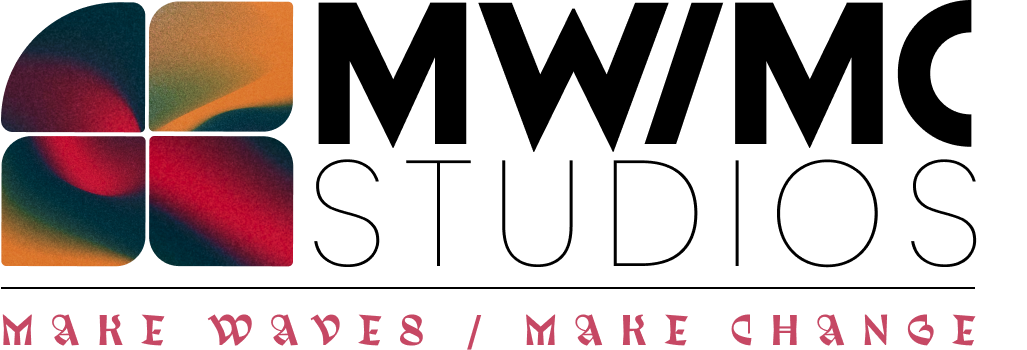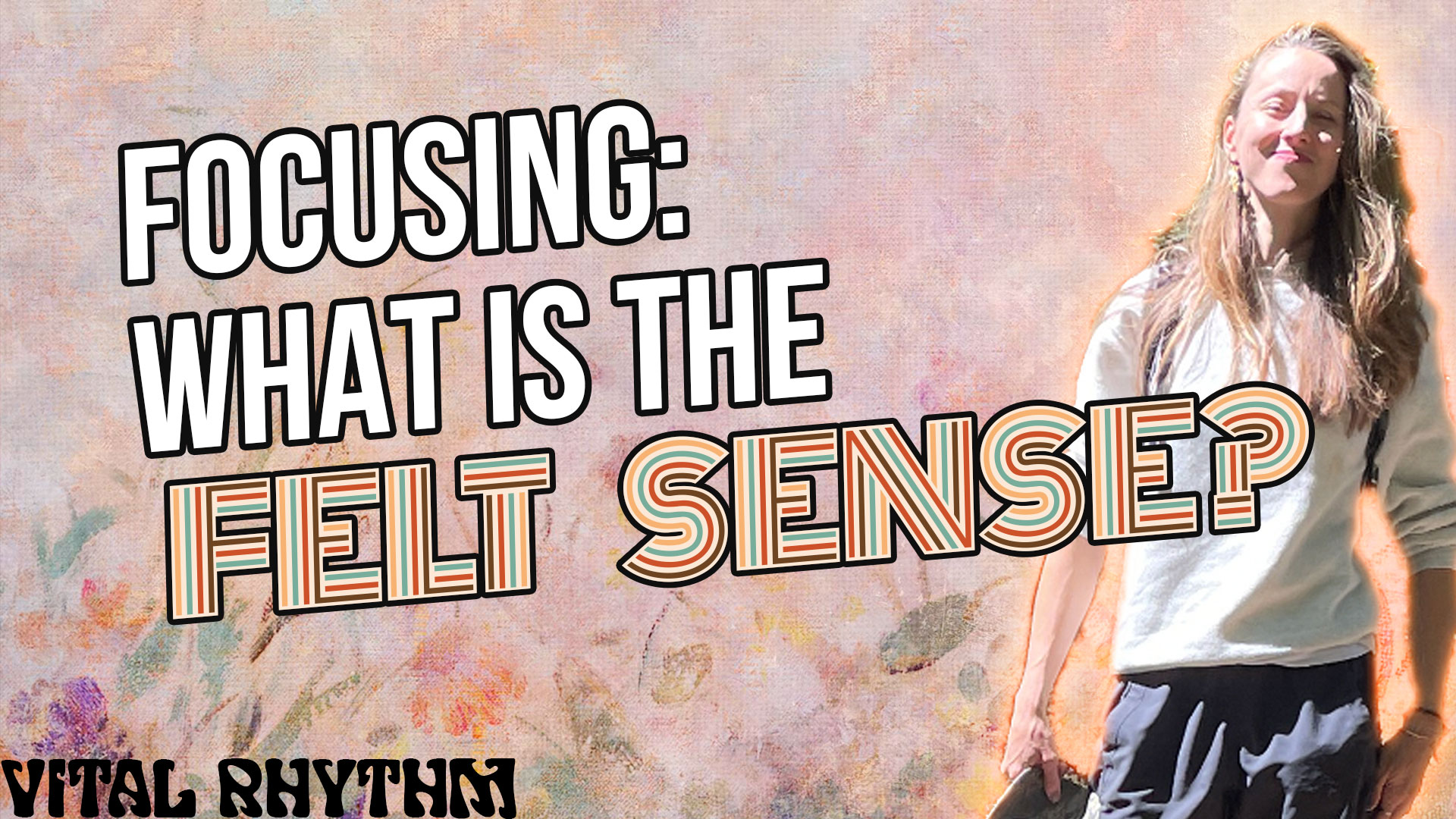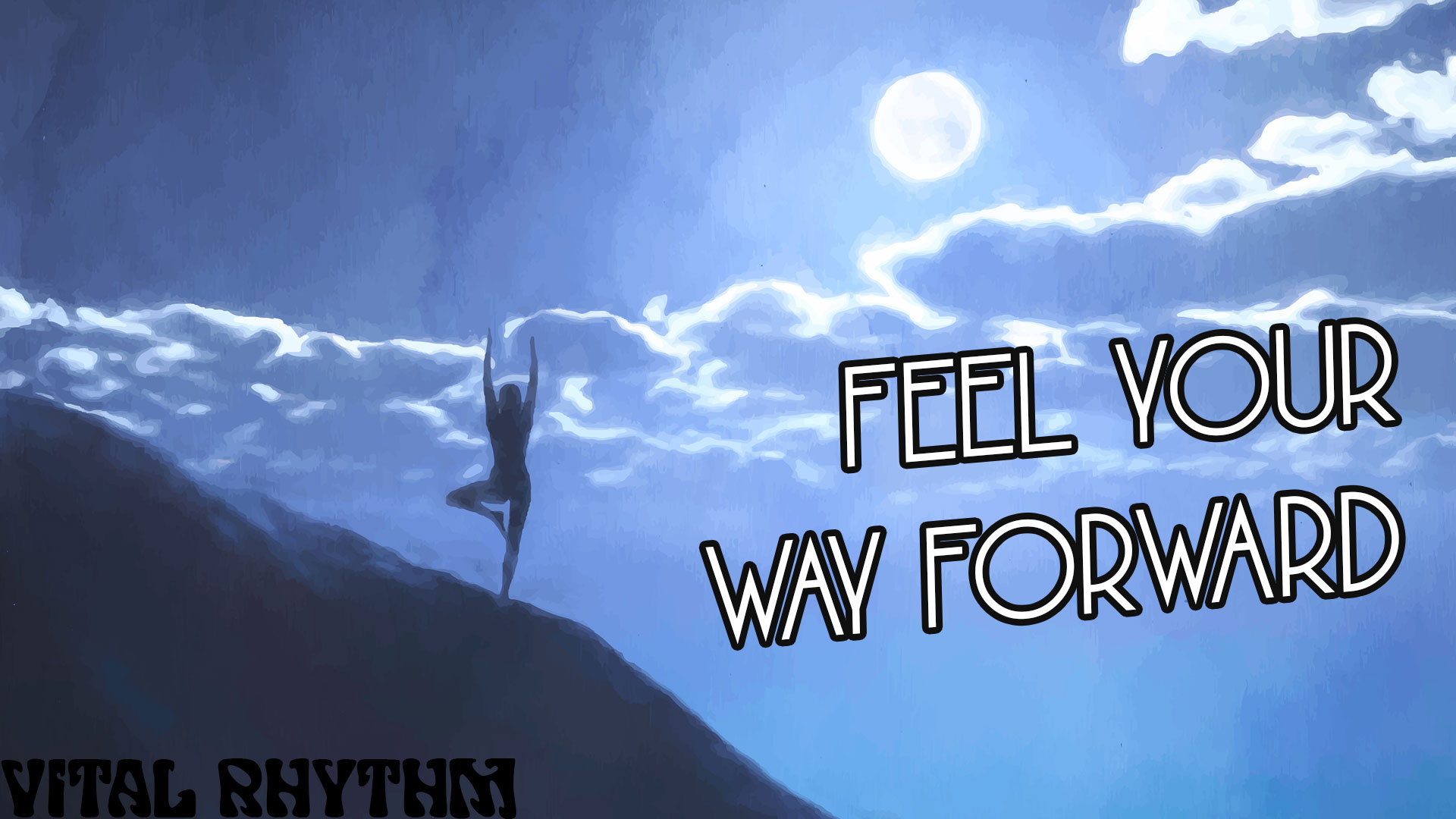As a self-employed consultant and media creator, I wear a lot of hats—creative director, course strategist, brand designer, client coach, and sometimes, therapist-adjacent mirror holder (if you know, you know). So when I signed up for Your Path to Lasting Change by Ann Weiser Cornell, I wasn’t just going on a personal development retreat—I was making a business investment.
Yes, I’m genuinely interested in how we process inner emotional blocks and how those affect creative output. But I’m also strategic about how I spend my money. And this course? It’s a tax-deductible business expense.
Let’s break that down.
Education Can Be a Write-Off—If It’s for Business
Under IRS Tax Code Section 162, freelancers and sole proprietors can deduct expenses that are “ordinary and necessary” for their trade or business. That includes educational expenses—as long as they’re:
-
Directly related to maintaining or improving skills required in your current line of work, or
-
Required by law or regulation to maintain your current income or license (think CEUs for therapists or real estate agents).
You can’t deduct education that trains you for a new profession. But you can deduct education that helps you be better at what you’re already doing.
In my case, I’m not training to become a licensed therapist. I’m a consultant and designer working with wellness practitioners. This course helps me do that job better.
Two Reasons This Counts for Me
Here’s how Your Path to Lasting Change qualifies as a legit write-off for me:
1. It Improves How I Work With Clients
I work with people who are often in the middle of building something personal—whether it’s a course, a brand, a podcast, or a whole new business model. And often, they hit what’s called an “action block.” Something in them gets stuck. The forward momentum freezes. The project goes dark for a while.
Focusing helps me better support them during those moments.
I’m not “coaching” in the traditional sense, but I do hold space. I guide them gently back to their own clarity. Having the tools from this course makes those moments way more effective, and way less frustrating—for both of us.
2. It’s Research in the Field I Specialize In
I don’t just work with wellness practitioners—I study what makes their courses, websites, and content truly successful.
Ann Weiser Cornell is a legend in this space. She’s been teaching emotional healing work for decades. By taking her course, I get to observe not only what she teaches, but how she delivers it: the pacing, structure, emotional tone, support model, and educational flow.
That insight directly informs how I help my own clients structure their digital courses and programs.
Tip for Fellow Freelancers: Document Everything
If you’re a freelancer or business owner and you’re investing in a course, make sure to:
-
Save your receipt or proof of payment
-
Document why it’s relevant to your work (like this blog post!)
-
Categorize it clearly in your bookkeeping as an educational or professional development expense
-
Mention it to your CPA or tax software when filing
Bottom Line
If you’re self-employed, don’t overlook how your personal growth and professional development often intersect—and how that intersection can be smartly accounted for. This isn’t about gaming the system. It’s about recognizing that the work we do on ourselves often feeds the work we do for others.
And if you’re building a business that runs on clarity, compassion, and creative flow—investing in those inner skills is just good strategy.
(Tax write-off or not, this course is worth it.)











Leave A Comment